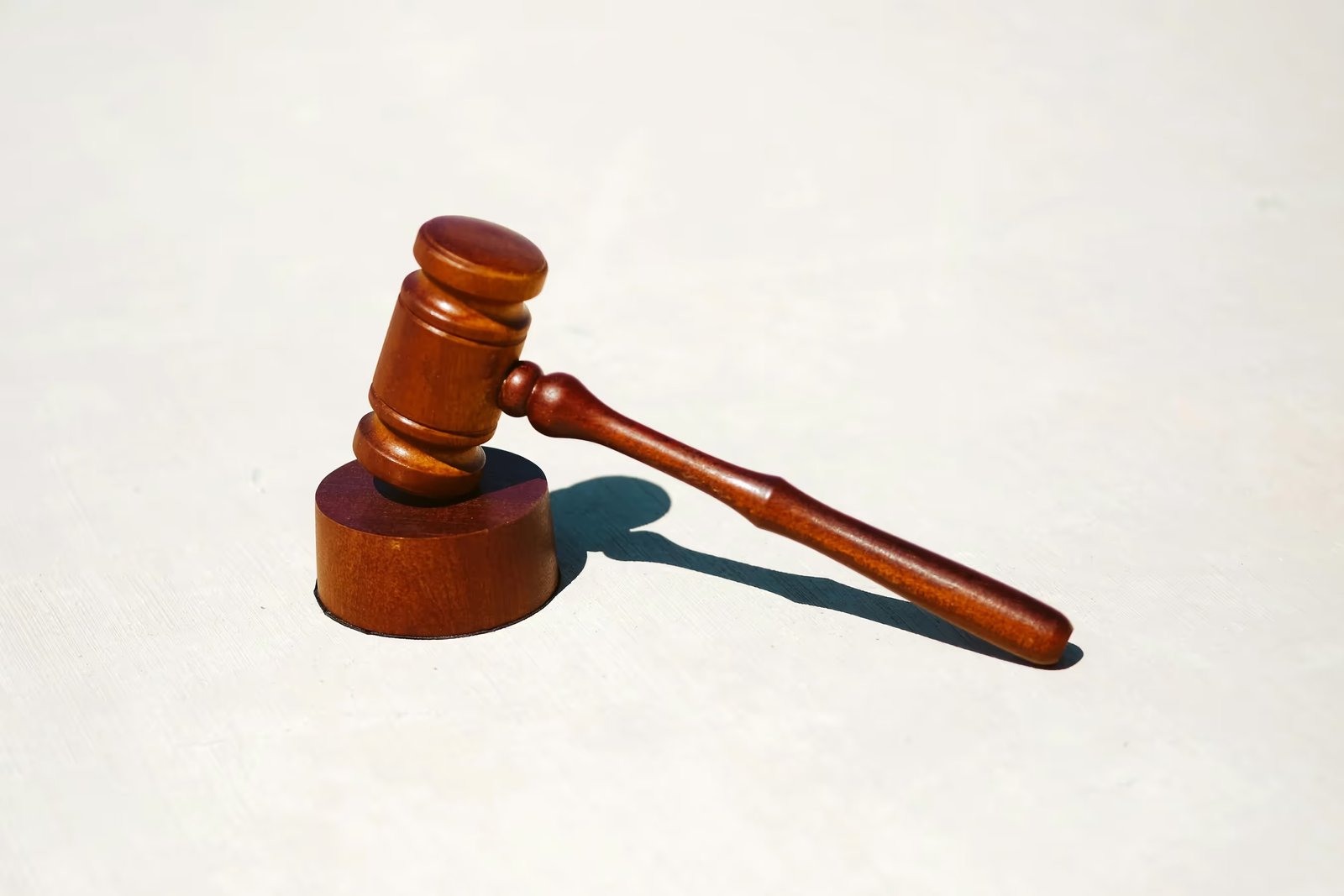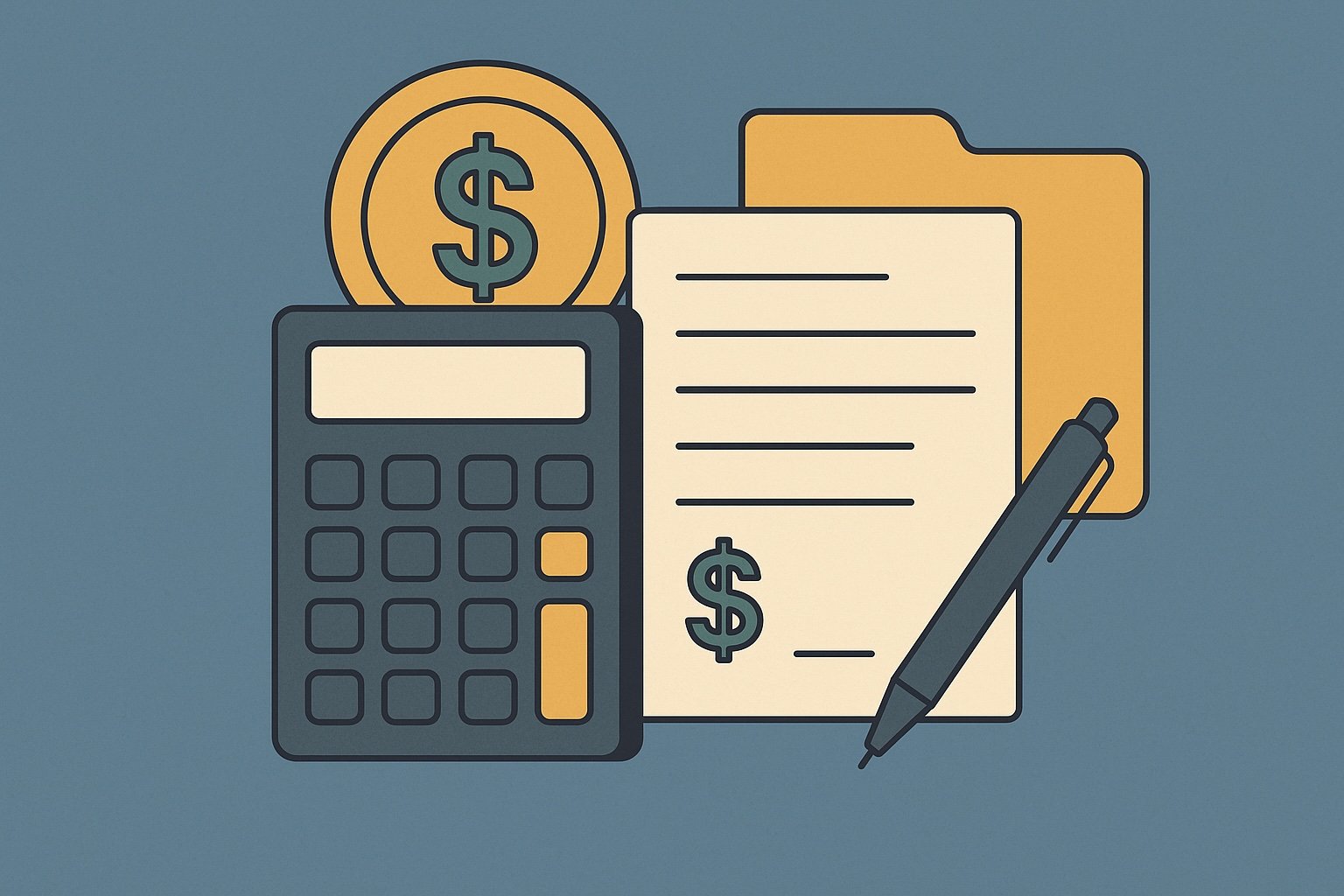Question
ARTE's Answer
A 1031 exchange is typically utilized by real estate investors, business owners, and individuals who own investment or business-use properties and wish to defer capital gains taxes when selling a property and acquiring a new one. The primary goal of a 1031 exchange is to allow these taxpayers to reinvest the proceeds from the sale of a relinquished property into a like-kind replacement property, thereby deferring the recognition of capital gains and the associated tax liability.
Here's a more detailed breakdown of who might engage in a 1031 exchange:
- Real Estate Investors: Individuals or entities that own rental properties, commercial real estate, or land held for investment purposes often use 1031 exchanges to upgrade or diversify their portfolios without incurring immediate tax liabilities.
- Business Owners: Those who own real estate used in their business operations, such as office buildings, warehouses, or retail spaces, may use a 1031 exchange to relocate or expand their business facilities.
- Individuals with Investment Properties: Homeowners who have converted their primary residences into rental properties and now wish to sell and reinvest in other investment properties can also benefit from a 1031 exchange.
- Partnerships and Corporations: Business entities that hold real estate as part of their investment strategy or operational needs can utilize 1031 exchanges to manage their real estate assets more efficiently.
To illustrate how a 1031 exchange works, let's consider an example involving Deferred.com as the qualified intermediary:
Imagine you are a real estate investor who owns a rental property in Miami, Florida, which you purchased for $300,000 several years ago. The property has appreciated in value and is now worth $500,000. You decide to sell this property and reinvest in a larger apartment complex in Orlando, Florida, valued at $700,000.
Here's how the 1031 exchange process would unfold:
- Engage Deferred.com: You contact us at Deferred.com to act as your qualified intermediary. We will facilitate the exchange by holding the proceeds from the sale of your Miami property and ensuring compliance with IRS regulations.
- Sell the Relinquished Property: You sell your Miami rental property for $500,000. The proceeds from this sale are transferred to us at Deferred.com, and you do not take possession of the funds, which is crucial for maintaining the tax-deferred status of the exchange.
- Identify Replacement Property: Within 45 days of selling the Miami property, you must identify potential replacement properties. You choose the Orlando apartment complex as your target replacement property.
- Acquire the Replacement Property: Within 180 days of selling the Miami property, you complete the purchase of the Orlando apartment complex. The $500,000 held by us at Deferred.com is applied towards the purchase, and you secure additional financing or use other funds to cover the remaining $200,000 needed to complete the transaction.
By using a 1031 exchange, you defer the capital gains tax on the $200,000 gain from the sale of the Miami property. This allows you to reinvest the full amount into the new property, potentially increasing your investment's value and cash flow.
At Deferred.com, our "No Fee Exchange" service can save you money by eliminating the typical fees associated with using a qualified intermediary, making the process even more cost-effective for investors like you.
Have more questions? Call us at 866-442-1031 or send an email to support@deferred.com to talk with an exchange officer at Deferred.
1031 Question? Ask ARTE
Deferred's AI 1031 Research Assistant is trained on 8,000+ pages of US tax law and outperforms human CPAs by 22%+
CHAT NOW
Learn More
See more frequently asked questions about 1031 exchanges








